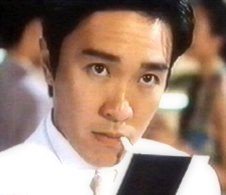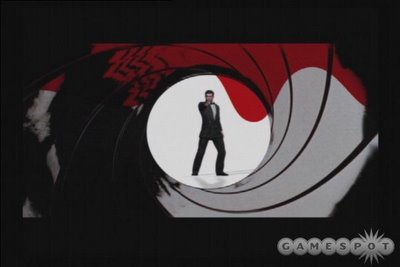The government's recent move to remove restrictions on the number of imported cars from Asean countries is being seen as paving the way for the entry of a foreign partner into Proton Holdings Bhd.
The lifting of the restrictions, while in line with the country's commitment to the Common Effective Preferential Tariff (CEPT) under the Asean Free Trade Agreement (Afta), has raised eyebrows.
The recent development in the domestic auto industry, which includes the easing of restrictions on the imports of used cars by the Malay Vehicles Importers and Traders Association (Pekema), has piqued the interest of some analysts.
An analyst with a local research house said the recent news flow was strangely coinciding with the ongoing negotiations between Proton Holdings Bhd and German carmaker Volkswagen AG (VW).
She said the Ministry of International Trade and Industry (Miti) seemed to be back-pedalling with its latest move.
The analyst said the national automotive policy implemented last year was originally aimed at phasing out approved permits (AP) for used cars by 2010 and also protect national carmaker Proton's interests.
"Why are these AP and quota removal issues cropping up now? It is coinciding with the ongoing negotiations between Proton and German carmaker Volkswagen AG.
"Could it be a case that VW is cornering the policy makers into making Malaysia its platform to export its cars to Asean countries as part of the deal to be Proton's strategic partner?"
"VW might be twisting Khazanah Nasional Bhd's arm and making sure the deal is linked to it being able to use the Proton manufacturing facility to export both the national car as well as VW marques into the regional market," the analyst told The Edge Financial Daily.
The analyst said the Road Transport Department had registered 52,923 imported cars last year and another 21,592 cars up to April this year.
"Miti's latest move is excellent news for distributors like Honda, Toyota, Nissan, General Motors and potentially, VW, who have plans to be regional players as they can now export their own models that are not made in other Asean countries from a base in Malaysia," she said.
Last Thursday, Minister of International Trade and Industry Datuk Seri Rafidah Aziz said Malaysia had fully complied with the CEPT with the latest move to allow unlimited import of cars from Asean countries.
Prior to this, the government only allowed up to 10% of the vehicles in Malaysia to be imported under an AP system.
However, the Minister did not say whether the lifting of the restriction on imports covered both new and used cars, although automotive analysts clarified that the lifting of the quota on Asean cars applied to completely built-up units.
Rafidah was reported as saying that Thailand, a major car manufacturing country in Asean, had reciprocated the move and eased its restrictions on the import of cars from Malaysia.
The Malaysian Automotive Association appears to view the latest development positively.
"We are importing a lot of cars from Asean now. This will enable more Malaysian cars to be exported to Asean countries after this," its president Datuk Aishah Ahmad told The Edge Financial Daily in a telephone interview.
However, she did not provide a breakdown of the number of cars imported from other Asean countries into Malaysia.
Affin Securities' Jason Yap said Proton, which previously did not export its cars to Thailand, could now do so as the country had lowered its restrictions.
"This augurs well for Proton to possibly start exporting its cars to Thailand," he said.
He also said the earlier removal of restrictions on open APs would have minimal impact on Proton and Perusahaan Otomobil Kedua Sdn Bhd (Perodua) as their cars were targeted at the low to mid-end markets.
"Additionally, given the sluggish second-hand car market in Malaysia, where some of the used cars are selling at almost scrap metal prices, we believe there will be not many used cars brought into Malaysia despite the relaxation," he said.
The Edge Financial Daily had recently reported that Pekema was now allowed to import other brands of used cars, apart from BMW, Mercedes Benz and Toyota Harrier, but limited to a maximum of 3% of the total industry volume.
Labels: News, Proton





